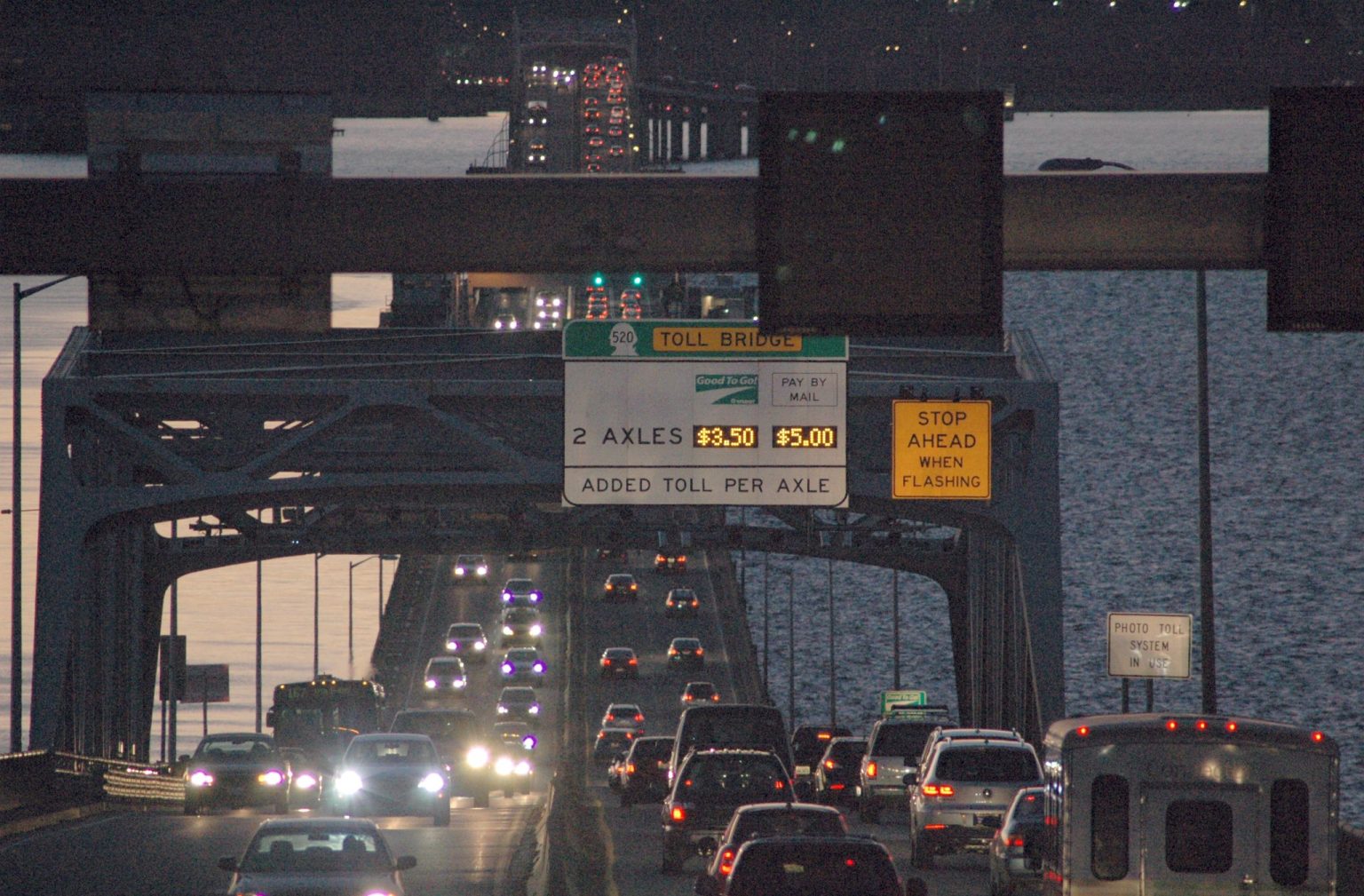The Washington State Department of Transportation is cautioning customers about using the bill payment company Doxo to pay Good to Go! toll bills. WSDOT is warning customers through an orange flyer inserted in their bills, stating that Doxo is not affiliated with Good to Go! and that WSDOT has no control over the fees or timing of payments made through Doxo, which can result in additional late fees. The outreach is part of WSDOT’s efforts to educate customers on proper ways to pay their toll bills, as many have experienced confusion, complaints, and frustration when using Doxo and receiving late fees due to delayed payments reaching WSDOT.
Customers have expressed frustration with Doxo for charging a $3.99 payment delivery fee on a $3.20 toll charge. While Doxo helps people manage and pay their bills in one place using any card or bank account, Doxo’s bill payment page for Good to Go! clearly indicates that it is not affiliated with the toll service and informs users of the specific payment delivery date before submitting payment. Doxo states that any fees for payment are clearly displayed before submission and that they are comparable to other fee-based bill payment services. The company also offers a free payment option through linked bank accounts.
Doxo has a significant presence in Washington state, with hundreds of thousands of users paying bills, including Good to Go!, through their platform. However, in April, the U.S. Federal Trade Commission filed a lawsuit against Doxo, alleging that the company deceived consumers, added unwanted fees, and used web design tricks to sign them up for unwanted subscriptions. Doxo denied any wrongdoing and asked for the suit to be dismissed, stating that they had already resolved the issues raised by the FTC before the suit was filed. Backed by investors like Jeff Bezos, Doxo raised $18.5 million in funding in 2022.
WSDOT continues to send out between 13,000 and 16,000 toll bills per month, with numbers increasing during summer travel months. The agency includes flyers with every bill to provide customers with updated information and helpful details. The recent outreach to customers is also aimed at helping them differentiate official notices from phishing attacks sent by scammers impersonating Good to Go! and WSDOT. Earlier this year, WSDOT warned customers about fraudulent emails and texts from scammers posing as collection agencies seeking payment for past due toll bills, and a scam warning is currently posted on the Good to Go! website.
Overall, WSDOT’s cautioning of customers against using Doxo for Good to Go! toll bills is part of their efforts to educate customers on proper payment methods and prevent confusion and frustration. Despite Doxo’s significant user base in Washington state, the company faces legal challenges from the FTC and allegations of deceiving consumers. WSDOT continues to communicate with customers through flyers included with toll bills, updating information regularly to help customers differentiate official notices from scams. As this situation unfolds, customers are advised to be vigilant and cautious in their bill payment methods to avoid additional fees and potential scams.


